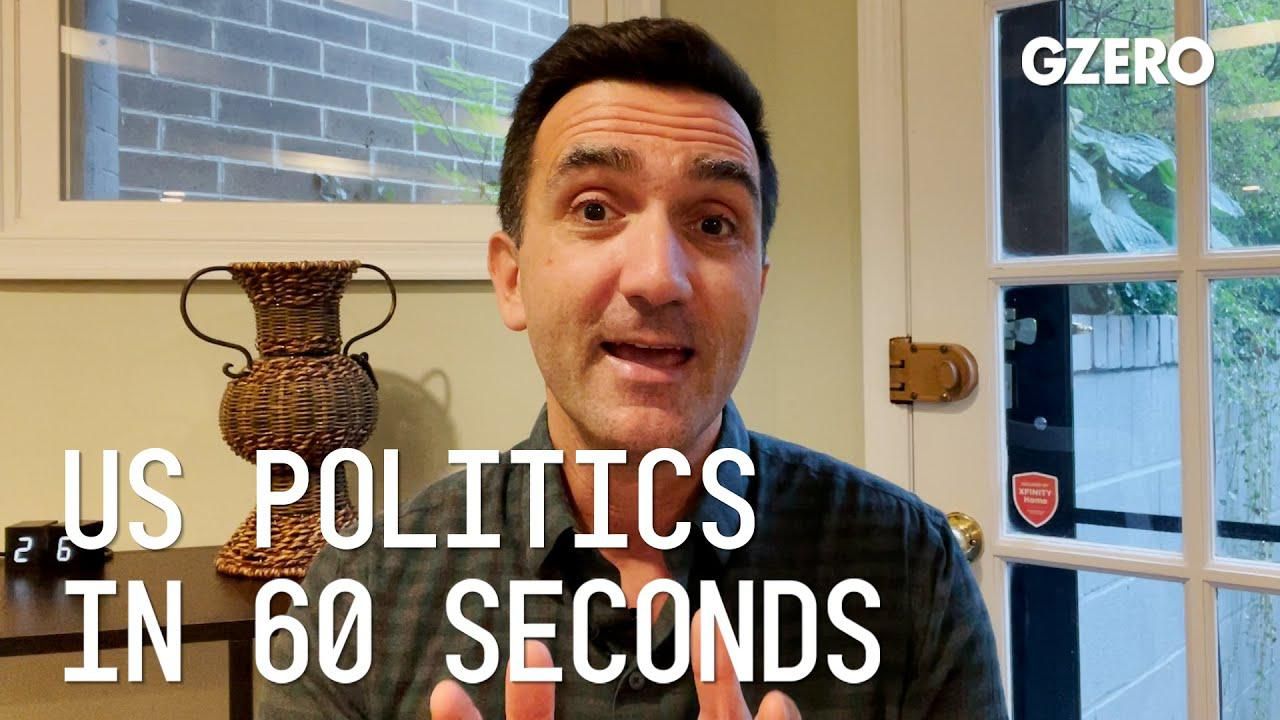Biden's vaccine diplomacy and US global leadership; US-China bill gets bipartisan support

Get insights on the latest news in US politics from Jon Lieber, head of Eurasia Group's coverage of political and policy developments in Washington:
What's the significance of the US-China bill, competition bill that passed the Senate earlier this week?
Well, the bill is a major investment in American technology, research and development, semiconductor manufacturing, and it's designed to push back on the China Made in 2025 push that lawmakers have become increasingly worried about in recent years. The opinion in Washington has shifted from seeing China as a strategic competitor to a strategic rival. And you're seeing what's now likely to be one of the only bipartisan bills in Congress now pushing back on that. Significant money for semiconductors in this bill, even though some of it was set aside for automotive purposes. That money's not going to come online fast enough to really make a difference to the current global semiconductor shortage, but it will help build up US long-term spending capacity and manufacturing capacity in semiconductors.
Other aspects of the bill, banned the application TikTok from going on government devices out of security concerns, created new sanctions authorities around Xinjiang and Hong Kong for human rights abuses, and mandated a diplomatic boycott of the Olympics, which is probably going to happen anyway once the Biden administration is able to align with its allies. Let the athletes play. Don't let any high level delegations go. This is probably the only bipartisan bill to happen this year, yet still, half of Senate Republicans voted against it because they were opposed to the kind of industrial policy they think this represents, but it does show the area where there's bipartisan agreement in a city that's very, very divided right now. China is the bad guy and Congress is moving in that direction.
With President Biden announcing the US will donate 500 million vaccine doses to the world, is this the first step in the US's return to international leadership?
Well, the US said they were going to buy 500 million doses from Pfizer, maker of one of the mRNA vaccines developed in the United States, and send it out through the COVAX initiative to 100 countries around the globe. Separately, the G7 said that together they would donate a billion vaccine doses around the globe, but the US is obviously leading this initiative with the greatest vaccine production capabilities and the largest contribution globally. Still, the Biden administration has come under some criticism for being a little bit too slow to get these doses out the door. And the NGO community wants to see the US support a vaccine waiver, which the US has said they want to do, but now they're trying to negotiate that to allow other countries to use the IP created by Pfizer, Moderna, and others to create vaccines around the globe and drastically increase supply over the long-term.
The US has been very cautious in its approach. It wants to make sure that it has enough doses to give every adult in the US two, which is the recommended amount, and save some reserve for booster shots in case they're needed or if the virus starts coming back next summer. So, probably no matter what the US does here, it's not going to be enough for some people, but Biden is using this as an effort of vaccine diplomacy to let the world know that the US is back. This is a very different approach from the Trump administration, and this is signaling their commitment to spreading goodwill around the world.